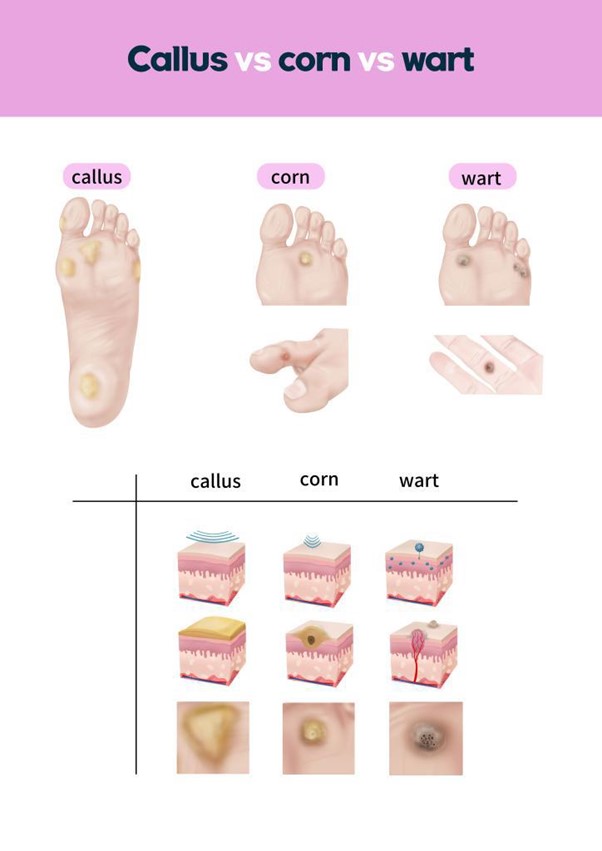A nurse is caring for a client who refuses to follow the provider's prescription for strict bed rest. The nurse overhears an assistive personnel (AP) telling the client, "If you do not remain in bed, I will place you in restraints." The nurse should identify that the AP is committing which of the following torts?
False imprisonment
Defamation of character
Battery
Assault
The Correct Answer is A
Choice A reason:
False imprisonment is the correct answer because it occurs when a person intentionally restricts the freedom of movement of another person without proper consent or legal justification. In this scenario, the AP is threatening to place the client in restraints against their will if they do not comply with bed rest. This action is a violation of the client's rights and constitutes false imprisonment.
Choice B reason:
Defamation of character is incorrect: Defamation involves making false statements about someone that harm their reputation. It doesn't apply to this scenario.
Choice C reason:
Battery is incorrect: Battery involves intentional harmful or offensive physical contact with another person without their consent. There is no indication of physical contact in this situation.
Choice D reason:
Assault is incorrect. Assault refers to the intentional threat or act that causes fear of imminent harmful or offensive contact. While there is a threat implied in this scenario, the threat is of false imprisonment rather than physical harm, making false imprisonment a more accurate description of the tort.
Nursing Test Bank
Naxlex Comprehensive Predictor Exams
Related Questions
Correct Answer is ["A","B","C","D"]
Explanation
a small amount of serosanguineous drainage,
Lung sounds are diminished in posterior lobes,
pain as 8 on a scale of 0 to 10,
Blood pressure 168/84 mm Hg
Correct Answer is D
Explanation
Choice A reason:
Soaking feet in warm water daily is not recommended for individuals with diabetes, as it can increase the risk of skin maceration and infection. People with diabetes should be cautious about foot care practices that involve prolonged moisture exposure.
Choice B reason:
Placing an oval corn pad over the toes with corn and removing it weekly may not be the best approach, as it can increase pressure on the area and potentially cause further skin irritation.
Choice C reason:
Using over-the-counter liquid medication to remove corns is not recommended for individuals with diabetes, as it can cause skin irritation, burns, or infection. It's important for individuals with diabetes to seek professional guidance for proper foot care.
Choice D reason:
"I can apply lotion to soften calluses as long as I don't put lotion between my toes." This is the correct statement. This statement indicates an understanding of proper care for corns and calluses. Applying lotion to soften calluses can help reduce discomfort, but it's important to avoid putting lotion between the toes to prevent excess moisture build-up that could lead to skin breakdown or infection.

Whether you are a student looking to ace your exams or a practicing nurse seeking to enhance your expertise , our nursing education contents will empower you with the confidence and competence to make a difference in the lives of patients and become a respected leader in the healthcare field.
Visit Naxlex, invest in your future and unlock endless possibilities with our unparalleled nursing education contents today
Report Wrong Answer on the Current Question
Do you disagree with the answer? If yes, what is your expected answer? Explain.
Kindly be descriptive with the issue you are facing.
